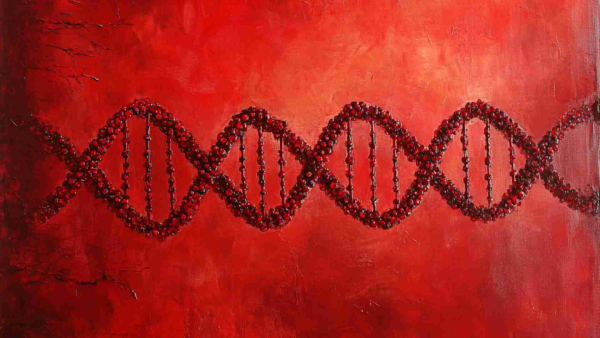Anemia, commonly known as iron deficiency or low red blood cell count, is a condition frequently observed in society, especially among women.
In addition, thalassemia carrier status is quite prevalent in our country. There are many different types of anemia. If the exact cause of anemia cannot be determined, individuals may be subjected to incorrect or unnecessary treatments for life. Furthermore, related conditions—such as gallbladder problems or certain cancer predispositions—may go undetected, and no preventive steps can be taken.
A group of patients who receive unnecessary treatments may also continue to be overlooked in the healthcare system. Therefore, as with any chronic condition, identifying and understanding the exact cause of anemia is critically important.
Test to Be Performed
-
Whole Exome Sequencing (WES)
Who Can Take the Test?
-
The general population
-
Especially individuals with a personal or family history of anemia
Number of Genes Analyzed
-
222
Assessments Based on Gene Analysis
-
Identification of genetic disorders that cause anemia













